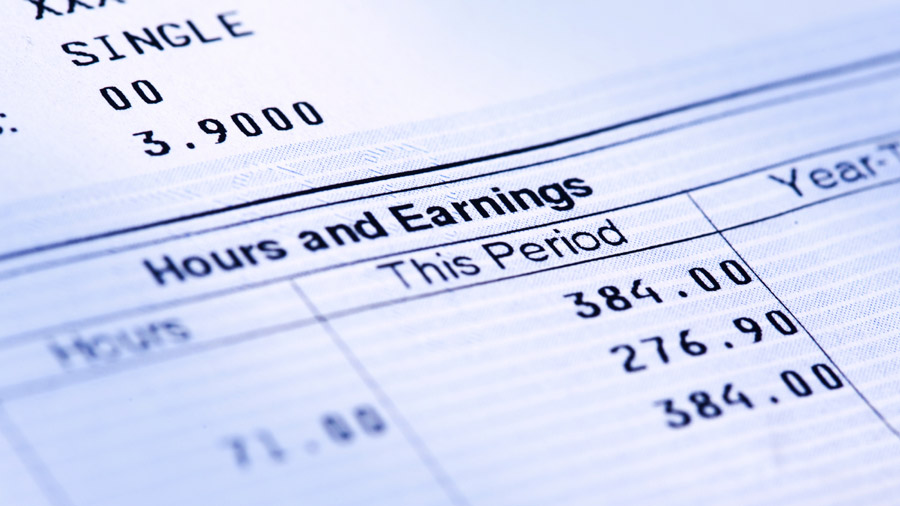
Tax hike will hit businesses while they’re down
The Prime Minister’s confirmation that a tax rise for British workers will be introduced as part of a social care levy has been met with criticism from experts.
Last week, Boris Johnson announced to Parliament a 1.25% increase in National Insurance contributions (NICs) that will hit both employees and employers, amounting to £12bn in total over several years.
The decision goes against one of the PM’s promises ahead of the 2019 general election – that he would not raise income tax, VAT or National Insurance Contributions (NICs). Admitting his about-face, the PM told MPs:
“I’ll be absolutely frank with you, this levy will break our manifesto commitment. But a global pandemic wasn’t in our manifesto either.”
The PM’s decision has been met with criticism and concern on many levels. Alan Thomas, UK CEO at Simply Business, commented that the National Insurance rise will have the most significant impact on the UK’s small business owners and sole traders, and comes at a time when many have only just started their recovery from the worst of the pandemic. He said:
“Few have been hit harder by COVID-19 than the self-employed, with small businesses losing over £22,000 each on average. With over six million small businesses in the UK – contributing trillions of pounds a year in turnover – it is crucial to our collective recovery that they bounce back. The National Insurance rise is the latest in a long line of setbacks, as self-employed people look to revive their livelihoods.
“We understand it’s incredibly important that the government addresses the social care crisis, but we urge the Prime Minister to do this without placing another hurdle in front of the small business owners and self-employed people who have been so heavily impacted by the pandemic.”
Suren Thiru, Head of Economics at the BCC commented on the likely impact on recruitment, stating:
“Businesses strongly oppose a rise in National Insurance contributions as it will be a drag anchor on jobs growth at an absolutely crucial time. Firms have been hammered by 18 months of COVID-related restrictions and have built up huge debt burdens. This rise will impact the wider economic recovery by landing significant costs on firms when they are already facing a raft of new cost pressures and dampen the entrepreneurial spirit need to drive the recovery.
“Businesses generate prosperity, create jobs and support communities. The focus should be on creating the best possible environment for them to grow and thrive so they can sustainably deliver the tax revenue needed to support our public services and the wider economy.”
Neil Carberry, Chief Executive of the REC, meanwhile, argued that the Government had chosen the wrong route to funding the social care system. He said:
“It’s vital that the social care system is properly funded – this has been a long time coming. But the 1.25% rise in National Insurance, the UK’s biggest business tax, is the wrong choice. As a tax on jobs, and a tax on activity rather than profits, rising National Insurance will fall more heavily on the labour intensive sectors most affected by the pandemic. It also disproportionately affects lower earners. The accompanying rise in taxes on dividends will also hit small, limited company directors, who were denied any support during the pandemic. We all agree that social care needs more funding, but increasing labour taxes as we try to recover from the pandemic is not the fairest way to do it.”
What are the changes – and how much is the increase?
Speaking in parliament on 7 September, Boris Johnson revealed plans to increase National Insurance from April 2022.
The increase of 1.25% will affect employees, employers, and the self-employed across the UK and is designed to fund the health and social care crisis following the pandemic.
From April 2022, National Insurance will increase by 1.25%.
From April 2023, the extra 1.25% will be collected as a separate health and social care levy, which will also be paid by state pensioners.







